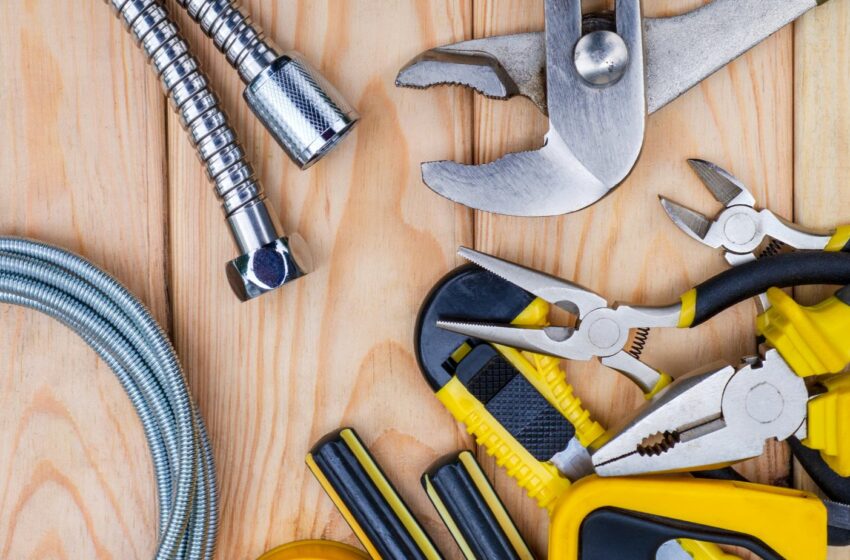
Home Repair Tools Border: Make Your DIY Tasks Easier!
Home Repair Tools Border
As a homeowner, having a well-stocked toolbox is essential to tackle any unexpected repairs or renovations that pop up from time to time. However, with so many home repair tools available on the market, it can be overwhelming to choose the right ones that meet your specific needs. Additionally, being near a border can pose its own unique challenges in terms of home repair.
Living near a border with another country can pose specific challenges for homeowners when it comes to purchasing home repair tools. Factors such as currency exchange rates, availability of certain tools, and differing voltage requirements can make it difficult to make informed purchasing decisions. That being said, there are still plenty of resources available to ensure you have the necessary tools to tackle any repair job that comes your way.
From hammers and pliers to power drills and saws, having a variety of home repair tools can save you time and money in the long run. Not only can you quickly fix minor issues before they turn into major repairs, but you can also take on more advanced projects such as building a deck or installing new light fixtures. With the right tools and a little know-how, you can become a DIY master in no time.

Tools Necessary for Home Repair on the Border
As someone who has lived on the border for many years, I am all too familiar with the unique challenges that can arise when it comes to maintaining and repairing a home in this environment. From harsh weather conditions to unique construction styles, there are a number of factors that can make home repairs particularly challenging in border areas. However, with the right tools and some know-how, it’s possible to get the job done.
Here are some of the most essential tools that any homeowner on the border should have in their toolbox:
1. Hammer and Nails
While it might seem simple, a good hammer and a box of nails can go a long way when it comes to repairing the many types of woodwork found in border homes. Make sure to purchase a hammer with a comfortable grip and a variety of nail sizes to handle all your repair needs.
2. Duct Tape
Duct tape is an incredibly versatile tool that can be used to temporarily patch leaks, seal gaps, or even repair some machinery parts. This tool is particularly useful when you need a quick fix and can’t wait for a professional to arrive.
3. Screwdriver Set
A good set of screwdrivers in different sizes and shapes is essential for repair work. Whether you’re tightening loose screws on a doorknob or need to disassemble a piece of equipment, a screwdriver set will get the job done efficiently.
4. Power Drill
For more complex tasks such as hanging shelves or drilling through tougher materials, a power drill will be highly useful. Make sure to choose high-quality drill bits that can handle the types of materials you are working with.
5. Saw
Whether it’s a hand saw or a circular saw, having one on hand will allow you to make precise cuts when needed. This tool can come in particularly handy when cutting lumber or other bulky materials.
6. Measuring Tape
Accurate measurements are crucial for success in home repairs. A good measuring tape will allow you to take precise measurements and ensure that your repair work is done with precision and care.
7. Level
A level is crucial when it comes to ensuring that any hanging items such as shelves or pictures are level and properly aligned. This tool is simple yet effective and can make a big difference in giving your home the finishing touches it deserves.
Keeping these tools on hand will allow you to handle most minor repairs that may arise around your home, no matter what challenges the border environment presents. By investing in good quality tools, you can rest assured knowing that you’re well prepared for whatever comes your way.
When it comes to home repair, having the right tools at your disposal can make all the difference. But with so many different tools available, how do you know which ones are worth investing in? Here are some tips for choosing the right home repair tools for your needs.
- Consider your skill level If you’re just starting out with home repairs, you might not need the same tools as someone who has been doing it for years. Start with the basics, like a hammer, screwdriver, and pliers, and work your way up from there as your skills improve.
- Think about the types of repairs you’ll be doing. Different tools are designed for different types of repairs. For example, if you’ll be doing a lot of plumbing repairs, you’ll want to invest in a good pipe wrench. If you’ll be working on electrical repairs, you’ll need tools like wire cutters and a voltage tester. Make a list of the repairs you anticipate doing and choose your tools accordingly.
- Look for quality When it comes to home repair tools, you often get what you pay for. While it may be tempting to opt for the cheapest option, investing in quality tools will pay off in the long run. Look for tools with sturdy construction and comfortable grips.
- Don’t forget about safety Some home repair tools can be dangerous if not used properly. Make sure you understand how to use each tool safely before attempting any repairs. Additionally, investing in safety gear like goggles, gloves, and a dust mask can help protect you from injury.
By considering your skill level, the types of repairs you’ll be doing, the quality of the tools, and safety, you can choose the right home repair tools to tackle any project along the home repair tools border.
